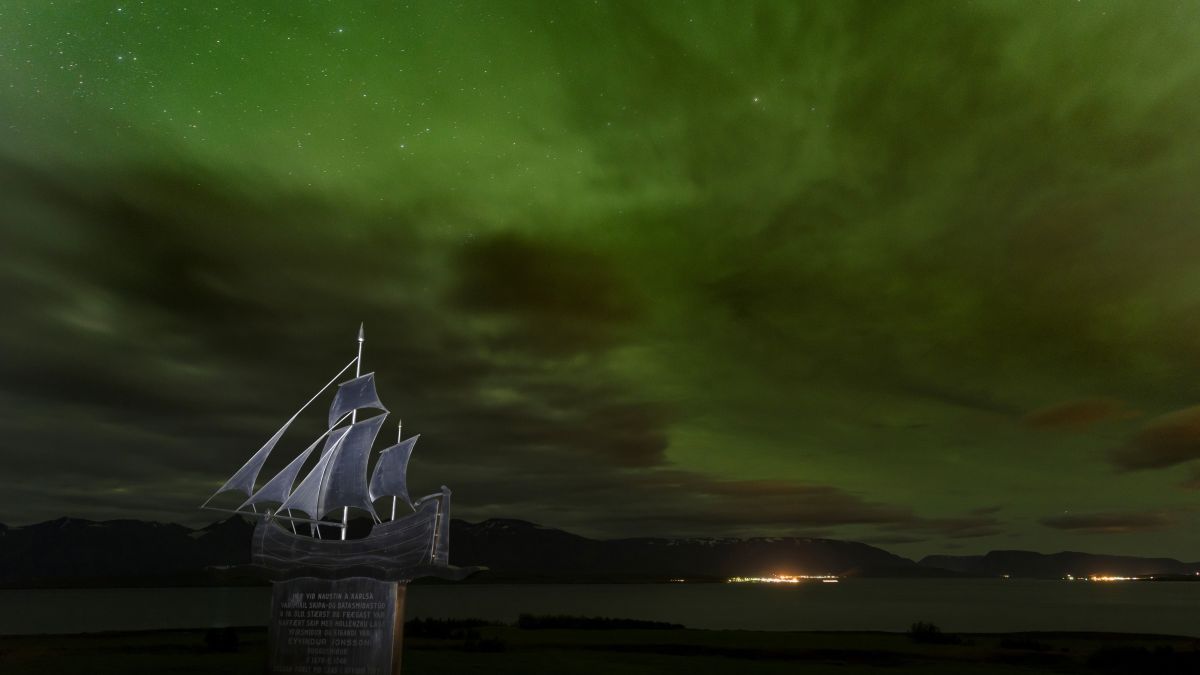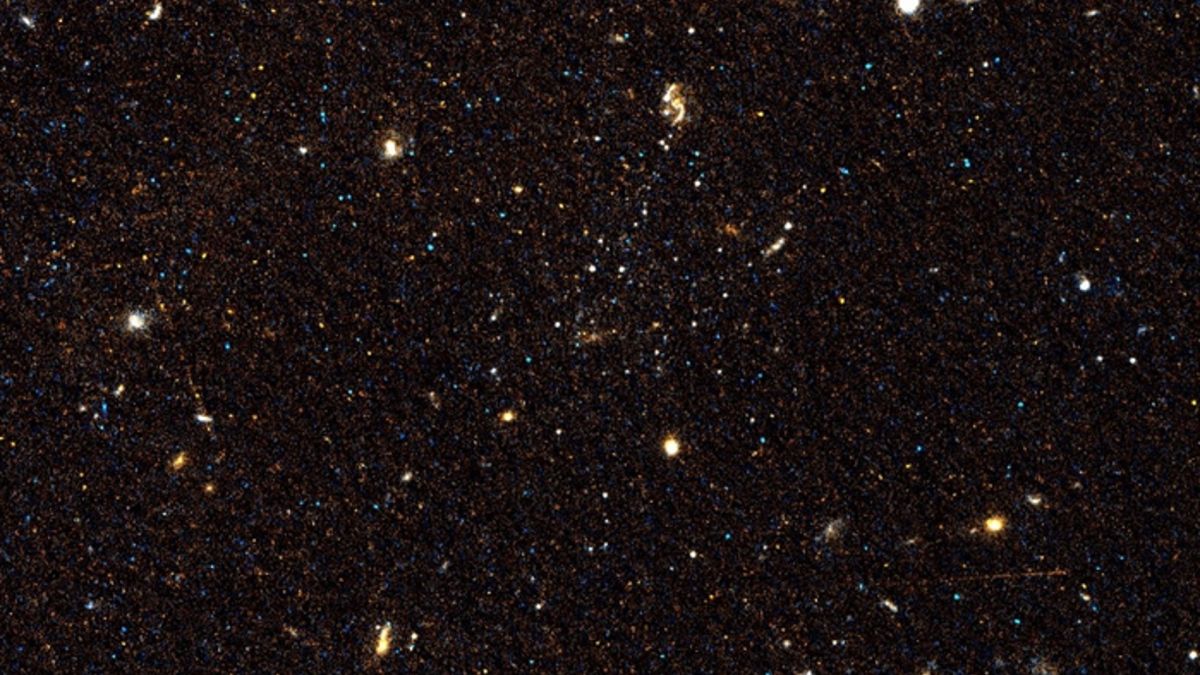Expedition 68 Flight Engineers Nicole Mann of NASA and Koichi Wakata of the Japan Aerospace Exploration Agency are pictured on Jan. 12, 2023, during a fit check of their spacesuits inside the Quest airlock ahead of a planned spacewalk to upgrade the International Space Station’s power generation system.
Read MoreMonth: January 2023
45 Years Ago: Progress 1 Begins the Era of Space Station Resupply
. The first resupply spacecraft, Progress 1, lifted off on Feb. 20, 1978, to maintain the Soviet Union’s Salyut 6 space station and its two-person resident crew. Progress 1 not only brought consumables and experiment hardware for the cosmonauts but…
Read MoreChina launches 14 commercial satellites into orbit atop Long March 2D rocket (video)
China has 14 new satellites in orbit following its fifth launch of 2023. A Long March 2D rocket lifted off from the Taiyuan Satellite Launch Center in northern China on Saturday (Jan. 14) at 10:14 p.m. EST (0314 GMT or 11:14 a.m. Beijing time on Jan. 15). Insulation tiles fell from the rocket as pink and purple exhaust propelled it above the frosty surrounding hills of Taiyuan. Aboard were 14 satellites for a range of customers. Six of the payloads were Jilin-1 optical and infrared remote sensing satellites for a…
Read MoreNASA to Participate in Aerospace Conference, Discuss New Collaboration
NASA Administrator Bill Nelson, Deputy Administrator Pam Melroy, Bhavya Lal, associate administrator for Technology, Policy, and Strategy, as well as other agency speakers, will participate in the 2023 American Institute of Aeronautics and Astronautics (AIAA) SciTech Forum from Monday, Jan. 23, to Friday, Jan. 27, in National Harbor, Maryland.
Read MoreBrilliant green comet loses part of its tail to solar storm in this stunning astrophotographer photo
An image taken by an Austrian comet hunter reveals a disconnection in a stunning green comet’s tail that may have been caused by turbulent space weather. Seasoned astrophotographer Michael Jäger took this image of the Comet C/2022 E3 (ZTF) on Tuesday (Jan. 17) after driving 500 miles (800 kilometers) from Austria to Bavaria in Germany to get a clear view of the night sky. Jäger shared the image on Twitter (opens in new tab), along with more photos video of the comet. “The journey was not in vain,” Jäger told…
Read MoreSpaceX Falcon Heavy launch spotted from space station (photo)
The launch of SpaceX’s most powerful rocket over the weekend was visible from orbit. A SpaceX Falcon Heavy lifted off Sunday (Jan. 15) from NASA’s Kennedy Space Center in Florida, sending multiple satellites aloft for the U.S. Space Force on a mission called USSF-67. Photographers on the ground captured great shots of the launch. One off-Earth observer did as well — the International Space Station (ISS), which happened to be in the right place at the right time on Sunday. Related: 8 ways SpaceX has transformed spaceflight forever “An external…
Read MoreBriefings, Interviews Set for NASA’s SpaceX Crew-6 Mission
A pair of news conferences on Wednesday, Jan. 25, at NASA’s Johnson Space Center in Houston will highlight the agency’s SpaceX Crew-6 mission to the International Space Station in February. The mission is NASA’s sixth crew rotation flight involving a U.S. commercial spacecraft carrying crew for a science expedition aboard the microgravity laborator
Read More3.3 billion Milky Way objects revealed by colossal astronomical survey
An ambitious new survey of the Milky Way’s galactic plane has revealed 3.32 billion cosmic objects in stunning detail. The enormous celestial catalog, possibly the largest of its type, was built using data from the Dark Energy Camera at the Cerro Tololo Inter-American Observatory in Chile, which is operated by the U.S. National Science Foundation (NSF). “Imagine a group photo of over three billion people and every single individual is recognizable!” Debra Fischer, division director of Astronomical Sciences at the NSF, said in a statement (opens in new tab). “Astronomers…
Read More‘Absolutely bonkers’ aurora lights up the sky above Iceland (video)
An Icelandic room reservation paid off big for a student “aurora chaser.” Vincent Ledvina traveled halfway across the world from Alaska to Iceland and spotted surges of green auroras the night of Jan. 13, right over his cabin, cataloging a terabyte’s worth of “absolutely bonkers (opens in new tab)” northern lights footage about two hours from Reykjavík. “This particular […] location was legendary and led to some of my favorite aurora compositions ever,” said Ledvina in a tweet (opens in new tab); he is no stranger to the shimmering green…
Read MoreNewfound ultra-faint dwarf galaxies are ‘pristine fossils of the early universe’
Three ultra-faint dwarf galaxies have been discovered around a distant spiral galaxy with a mass similar to the Milky Way. The dwarf galaxies are believed to be around 12 billion years old, meaning their stars formed early in the universe’s history, under 2 billion years after the Big Bang. At a distance of around 11.4 million years away from Earth, the ultra-faint galaxies are the first to be found orbiting a Milky Way-like galaxy outside of our galaxy’s cosmic backyard, known by astronomers as its “Local Group” which includes Andromeda…
Read More
